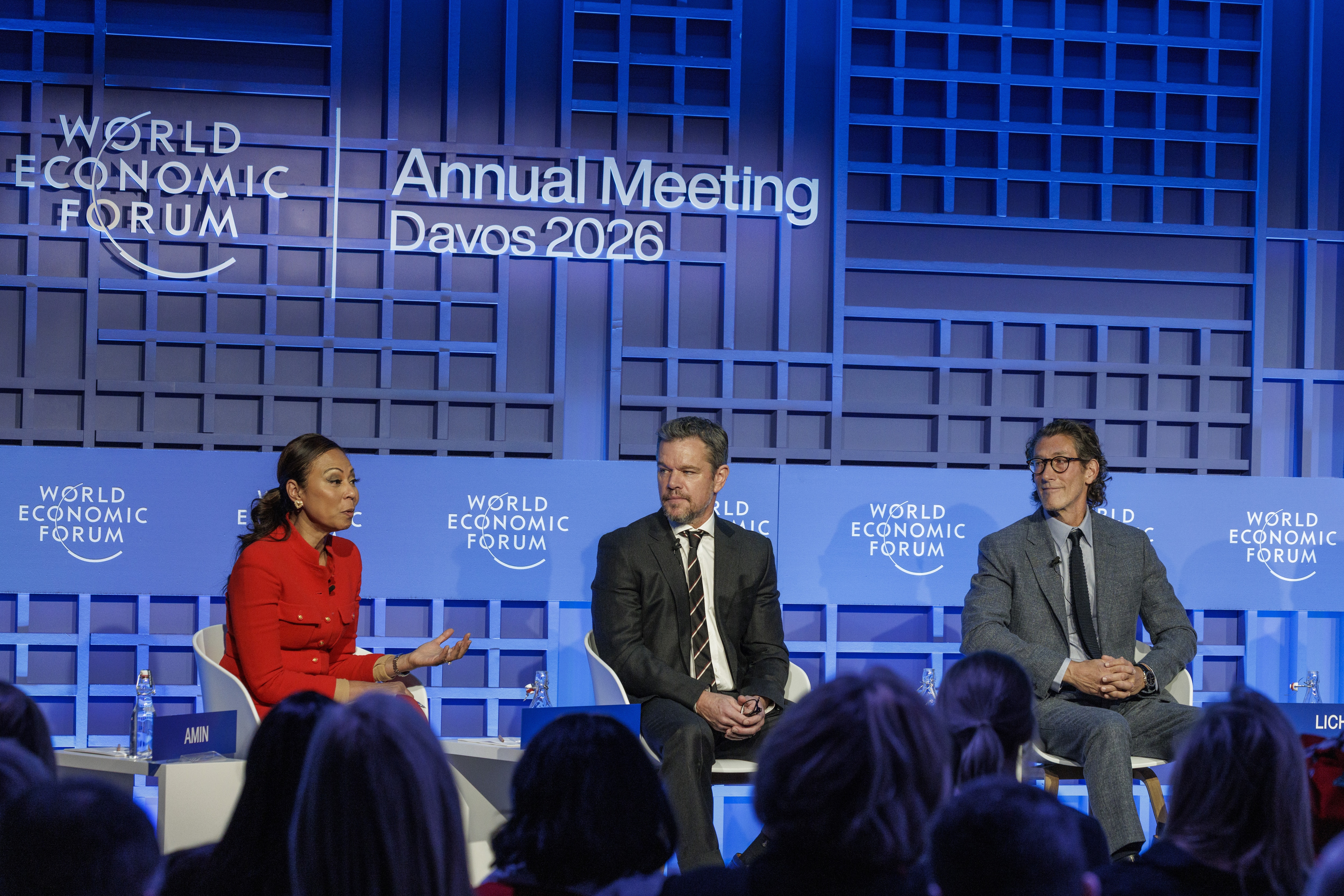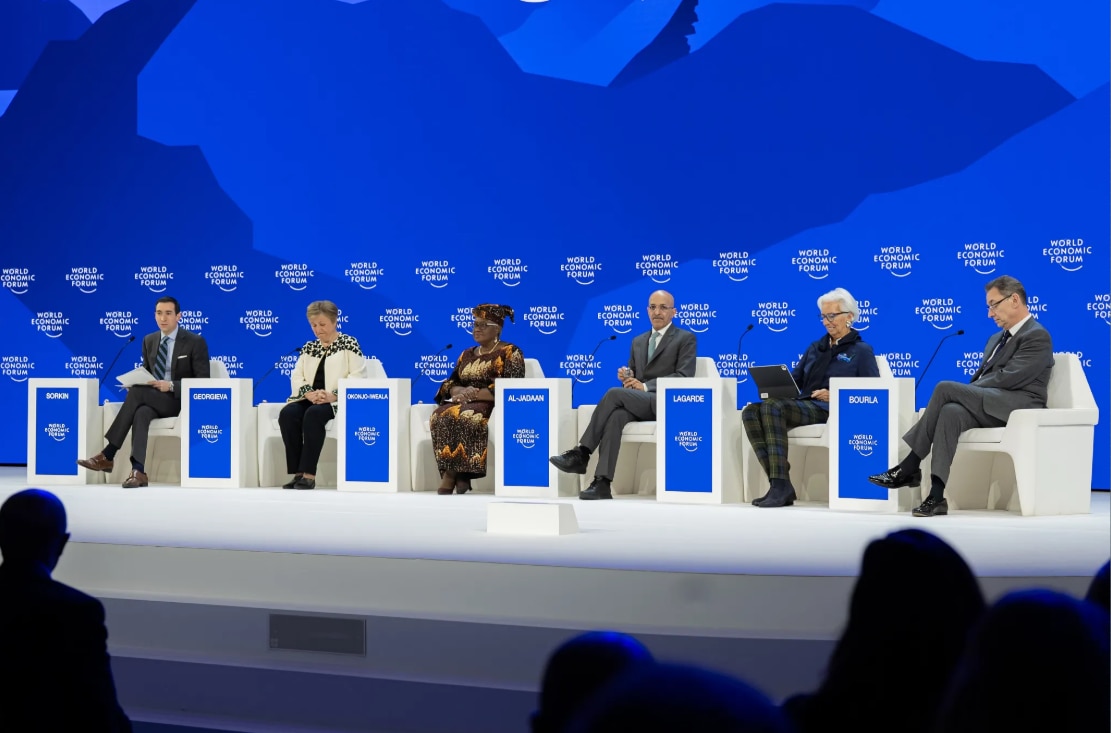Food got more expensive in 2020. This chart shows how

Have you noticed a rise in food prices in your local stores? Here's why. Image: Unsplash/Dan Gold
- Global food prices in December were the highest for any month in the last six years, according to the FAO Food Price Index.
- Meat and dairy products rose by 1.7% and 3.2% respectively.
- From poor weather conditions to COVID-19 related supply chain disruptions, 2020 was an unfortunate year for food prices.
After the wholesale price of food first saw a slump during the coronavirus pandemic, the global FAO Food Price Index showed a steep increase since the fall. Most recently, food around the world was 7.5 percent pricier than the 2014-2016 average, on which the index baseline of 100 points is calculated. The December figure is the highest of any month in six years.
According to the FAO, falling palm oil inventories had caused the product's price to rally, driving up the Vegetable Oil Price Index by almost 5 percent in December after a jump up of 14.5 percent in November. This, in turn, contributed majorly to the overall rise in the food price index. Dry weather and production disruptions due to COVID-19 coupled with high demand from India's Diwali festival as well as from China led to the depletion of the inventories.
In December, rising meat and dairy prices (up 1.7 and 3.2 percent, respectively) also contributed to the overall rise in food prices. According to Reuters, dairy demand in Oceania and Western Europe was to blame, as well as higher poultry prices triggered by avian flu outbreak in Europe.
Speculation about whether the disruptions of the coronavirus crisis would drive up food prices have been abound, but due to the COVID-related economic downturn, supply chain disruptions and falling out-of-house demand, they started to decrease from the beginning of 2020, reaching a low in May. According to the U.N., falling mineral oil prices also factored into the initial deterioration of food prices as many alternative fuels, which are made out of food stocks, saw demand fall. As the crisis wore on and countries reopened at least partially, global demand and prices picked up again in the summer. As the example of palm oil inventories shows, COVID-related disruptions (or those in which COVID-19 is a factor) do have the power to let prices trend upwards in the current market environment.
Don't miss any update on this topic
Create a free account and access your personalized content collection with our latest publications and analyses.
License and Republishing
World Economic Forum articles may be republished in accordance with the Creative Commons Attribution-NonCommercial-NoDerivatives 4.0 International Public License, and in accordance with our Terms of Use.
The views expressed in this article are those of the author alone and not the World Economic Forum.
Stay up to date:
Agriculture, Food and Beverage
Forum Stories newsletter
Bringing you weekly curated insights and analysis on the global issues that matter.
More on Forum in FocusSee all
Kaya Bülbül and Kate Whiting
January 30, 2026







